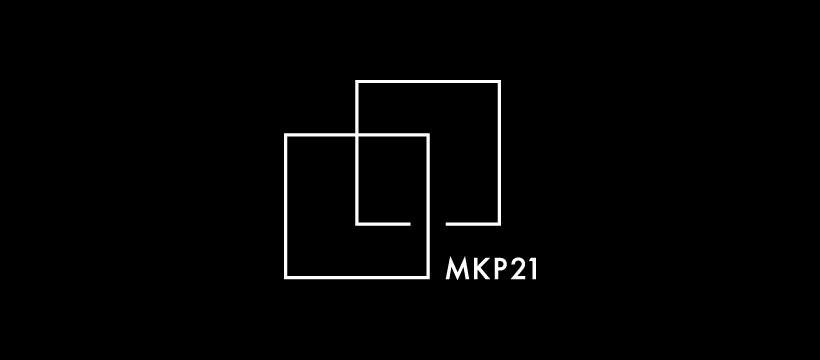What is the Source?
We “know” that a desk is made of wood, wood comes from a seed, and we also seem to be able to further trace its origin to its ultimate source. But now, give yourself a moment to ponder on this question: what is this “ultimate source” of a desk in my room? This may sound a bit too philosophical to be a Zen question, which rejects any kind of intellectualization, but Joshu, the main character of the Koan in this post, perfectly turns the question into a razor-sharp blade that cuts through our fundamental ignorance.
A monk asked Joshu, “Everything returns to one, but where does ‘one’ return to?” Pretty intellectual, isn’t it? With a limited amount of description, we can only guess that this monk either knew nothing about Zen questioning, or on the contrary, was an adept whose insight eye are wide open, who tried to challenge Joshu to prove his insight into reality of things.
Be it either way, the answer Joshu gives is an eye-opening one. He proceeds to tell the monk that he “made a cloth shirt, and it weighed seven pounds.” How does this answer relate to the monk’s question? In fact, Joshu doesn’t see his question being separate from his answer. For him, the only difference between the two is that they take different forms.
Let’s try an experiment. Try uttering a word or two of your choice, something as simple as “That’s awesome.” Now, repeat this several times until it becomes a mere repetition, a mere series of syllables. Repeat and repeat, until all the meanings and connotations, memories, and other associated concepts drop off, and you aren’t even aware of the word nor you yourself that’s uttering the word. Then, ask this question: “Where does this word come from?”
When any of your answer is philosophical, if not abstract, that proves the answer to be unsatisfactory. But be careful not to force your answer to sound “mundane.” The very act of forcing your answer in that direction also shows that you’ll most likely be disapproved by someone like Joshu.
